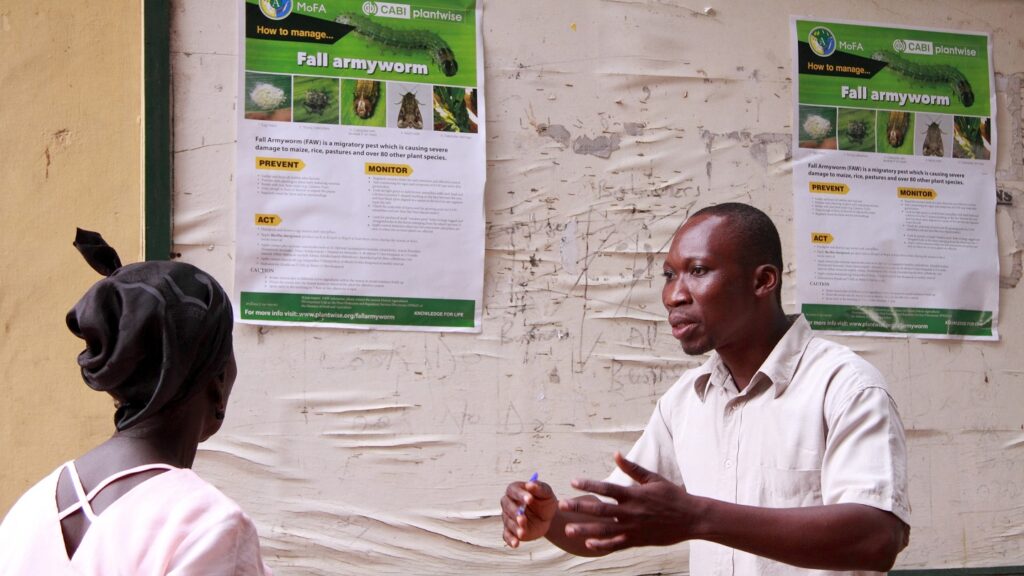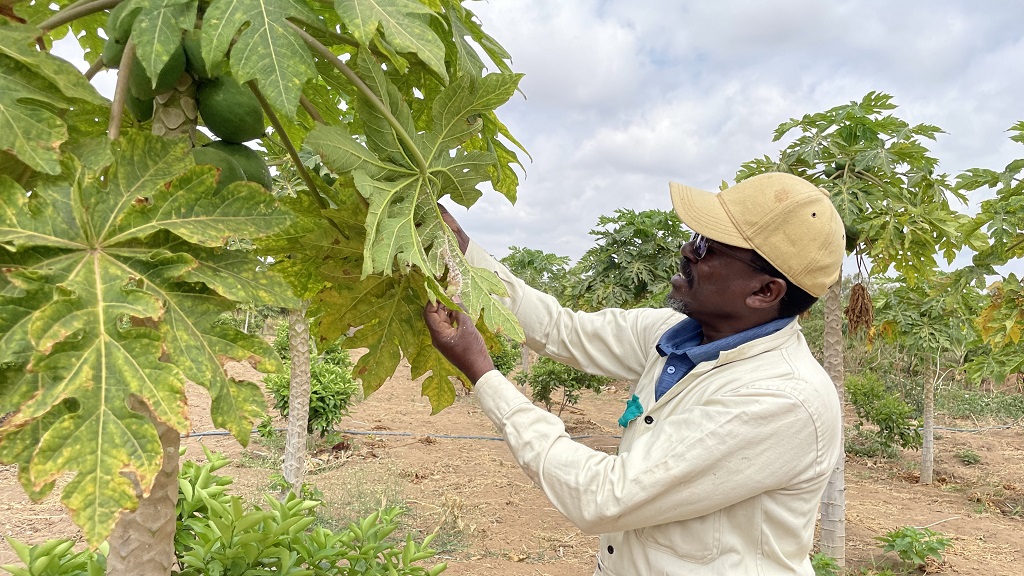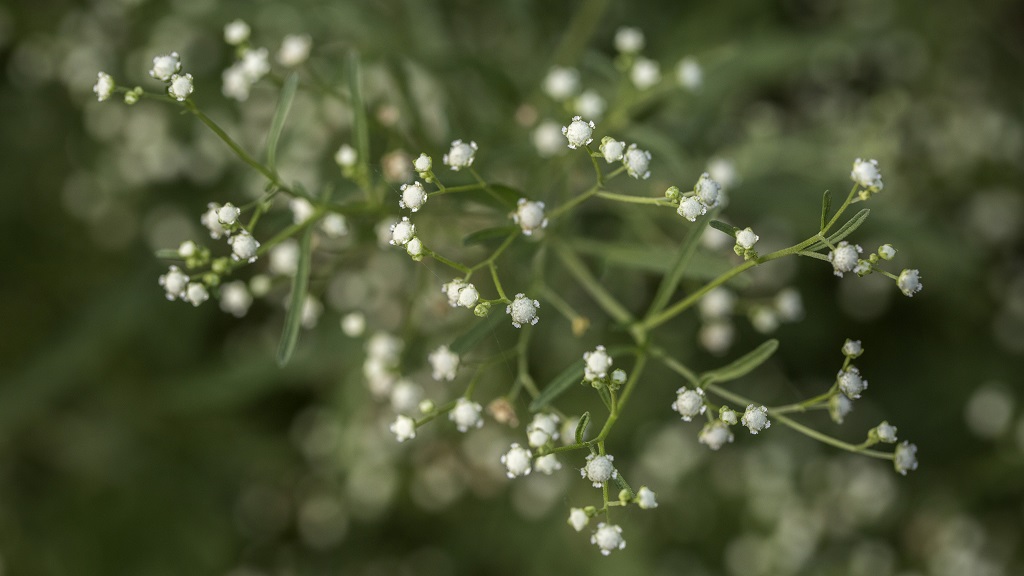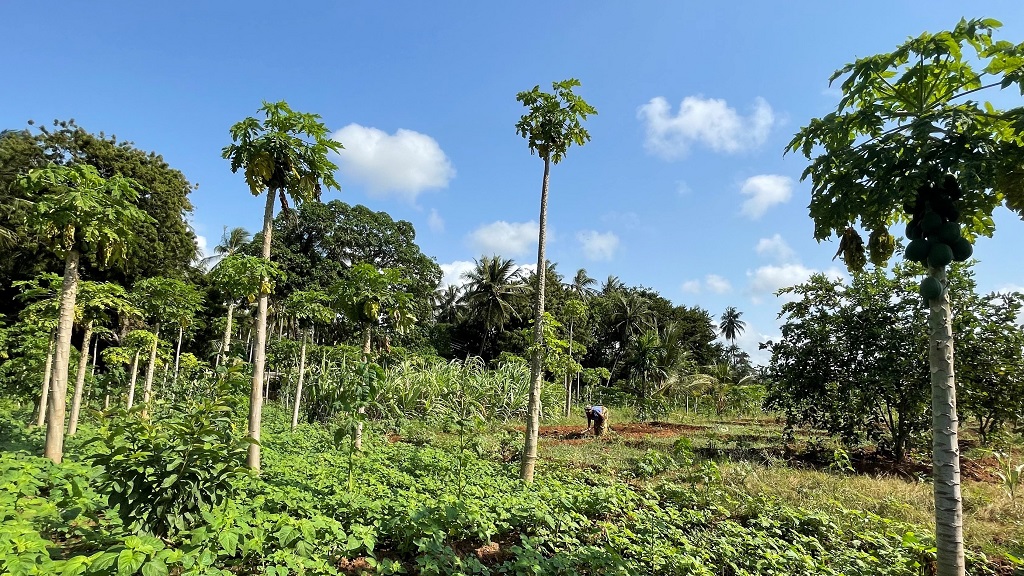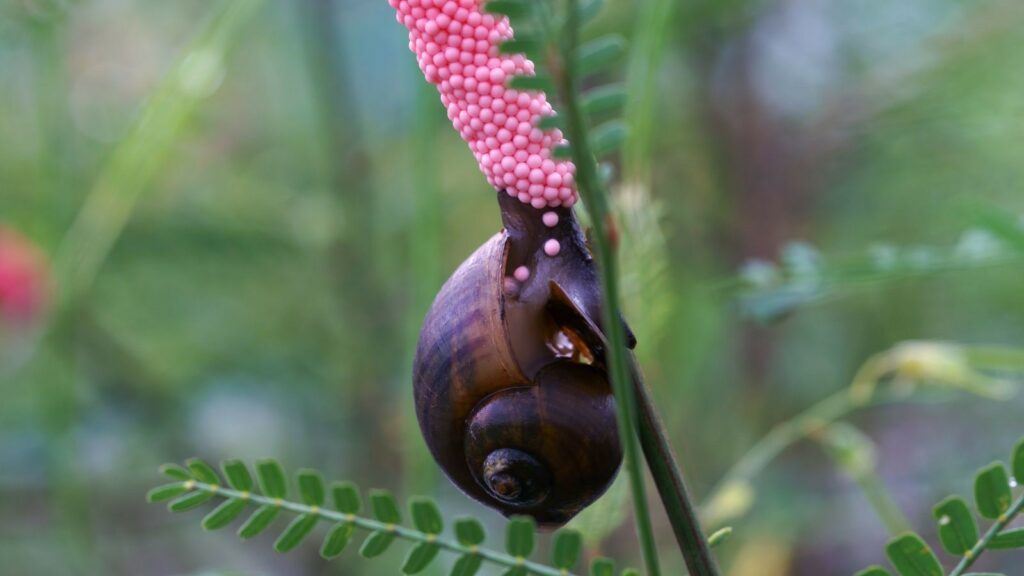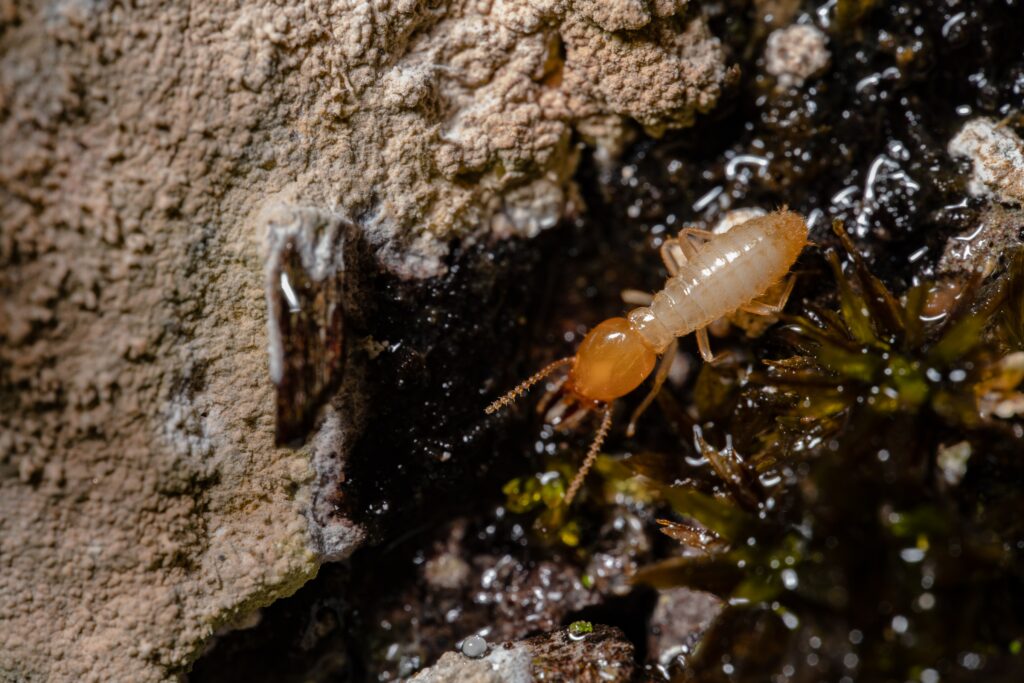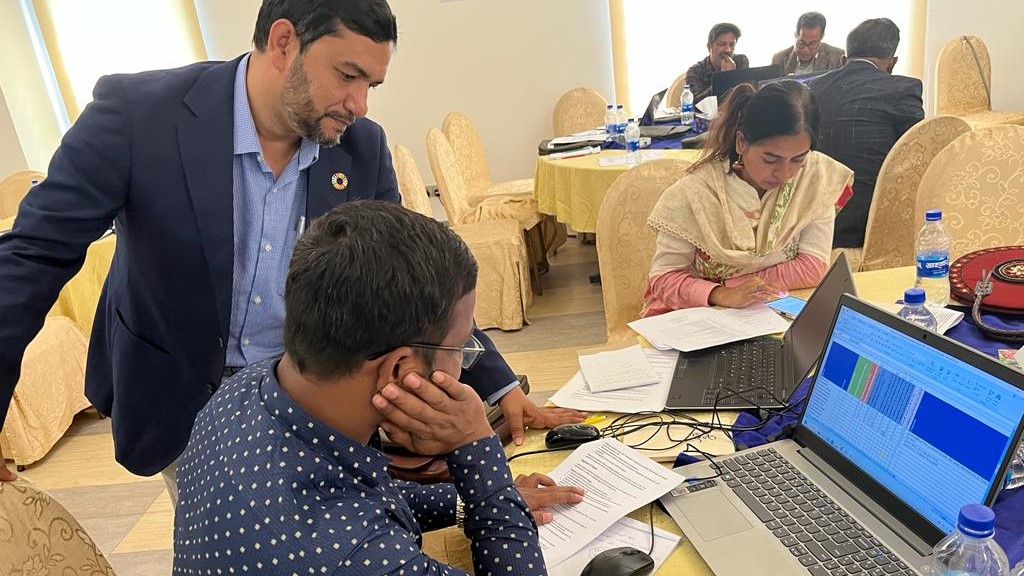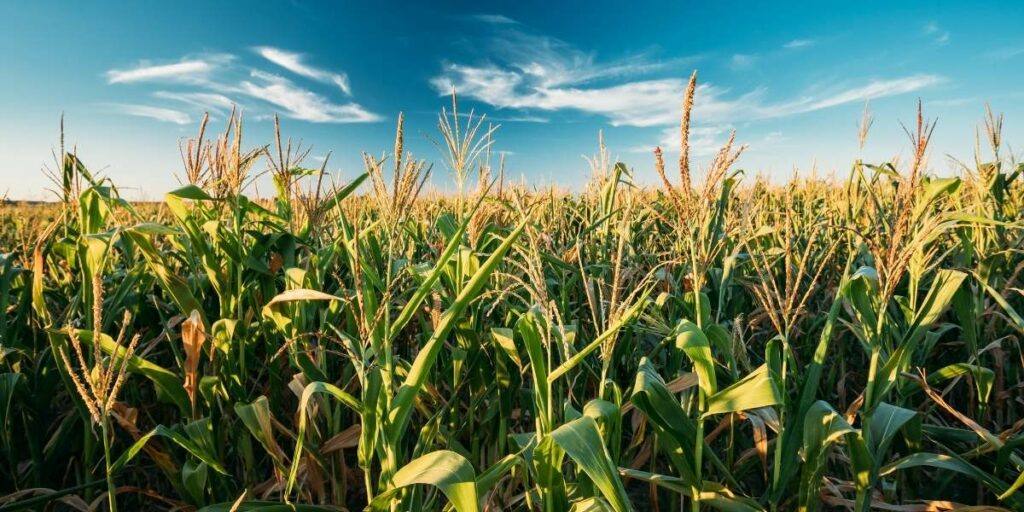What are CABI’s Horizon Scanning and Pest Risk Analysis tools, and how do people use them?
In 2018 and 2019, CABI launched two innovative decision-support tools for identifying pest risks. They are the Horizon Scanning Tool (HST) and the Pest Risk Analysis (PRA) Tool, both of which are used in PlantwisePlus capacity building activities. They help users identify potential future pest threats, especially those working in areas like plant protection and…
CABI study unearths important lessons for the fight against fall armyworm
A study by CABI contributes important knowledge on fall armyworm (Spodoptera frugiperda). CABI’s research findings suggests that employing more sustainable and environmentally friendly solutions could help mitigate the damaging impacts of the species.
Biocontrol agent released to safeguard crops from parthenium weed in Pakistan
Invasive plants can be extremely harmful to crops. “Famine weed” or parthenium is one such plant. Native to tropical America, it was accidentally introduced to several countries. In Pakistan, the weed now covers thousands of hectares of agricultural and rangeland. And it poses an economic burden to farmers.
Controlling the papaya mealybug pest – progress made in coastal Kenya
An initiative to combat the destructive papaya mealybug in Kenya is reaping rewards. A natural predator – a parasitic wasp – has been introduced to coastal counties to help control the pest. This tiny wasp is helping to prevent the damage caused by the mealybug. It’s not only helping to save papaya farms. It’s safeguarding…
How has a ‘writeshop’ helped to address invasive apple snail in Kenya?
Invasive species, like apple snail, are a threat to food security. It’s important that they’re quickly managed before they start to spread. One of the best ways to do this is to share plant health knowledge with smallholder farmers. And writeshops are an excellent tool for gathering evidence-based information to do this. In this blog,…
The Formosan subterranean termite: a destructive force
Termites, numbering over 3,100 species worldwide, are infamous for their ability to wreak havoc on building structures and vegetation. The Coptotermes genus particularly stands out, containing the most termite pests, with 28 pest species. However, one species, in particular, has gained prominence as the most widespread and economically significant of them all. The Formosan subterranean…
Horizon scanning and pest risk analysis of prioritized pests in Bangladesh
PlantwisePlus recently led a workshop in Bangladesh focused on building capacity on the prioritization of invasive alien threats and pest risk analysis using CABI decision support tools. PlantwisePlus facilitated a two 2-day each training workshops in Bangladesh on horizon scanning and pest risk analysis (PRA) respectively. A number of CABI staff travelled to Dhaka to…
CABI helps Kenyan farmers combat invasive apple snail
In 2019, Kenyan farmers first started reporting instances of the invasive apple snail (Pomacea canaliculata) infesting rice paddy nurseries. Thanks to speedy action by the Kenya Plant Health Inspectorate Service (KEPHIS) and the Ministry of Agriculture, intervention actions were rolled out across the country. Importantly, these interventions spread awareness of the new invasive pest and…
Maize Lethal Necrosis Disease – the invasive threatening maize
Maize lethal necrosis disease (MLND) was first identified in Peru in 1973. Since then, the disease has spread rapidly to other parts of Latin America and the USA. In Africa, the disease was first reported in Kenya in 2011. By 2014, it had spread to other countries in East Africa including Tanzania, Rwanda, South Sudan,…
- « Previous
- 1
- 2
- 3
- Next »


